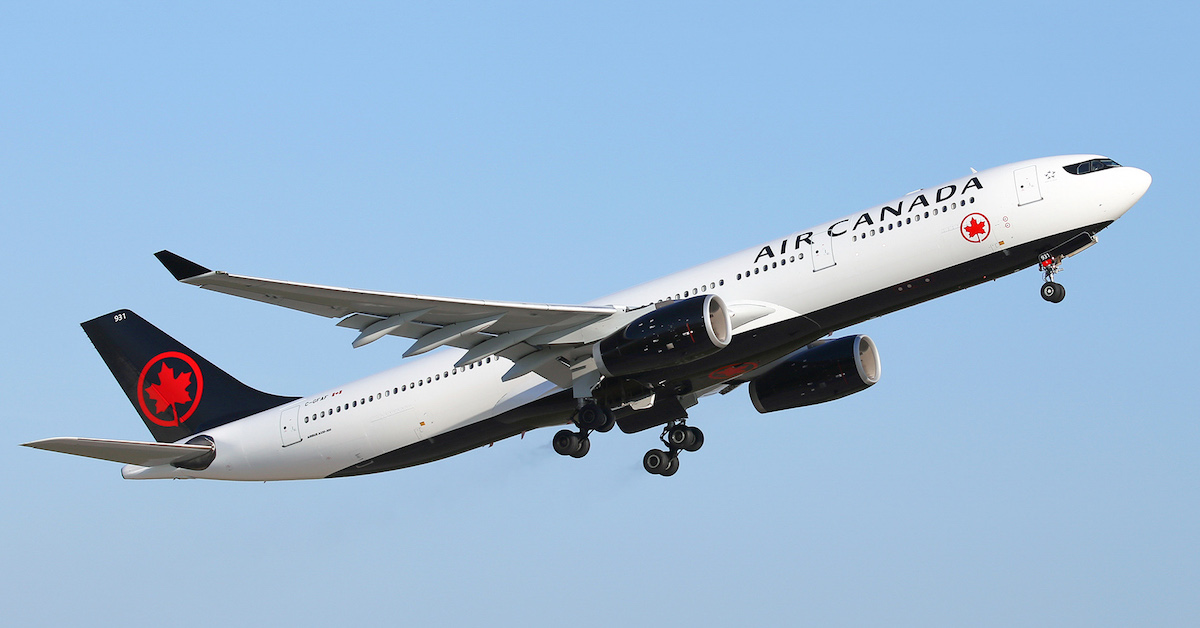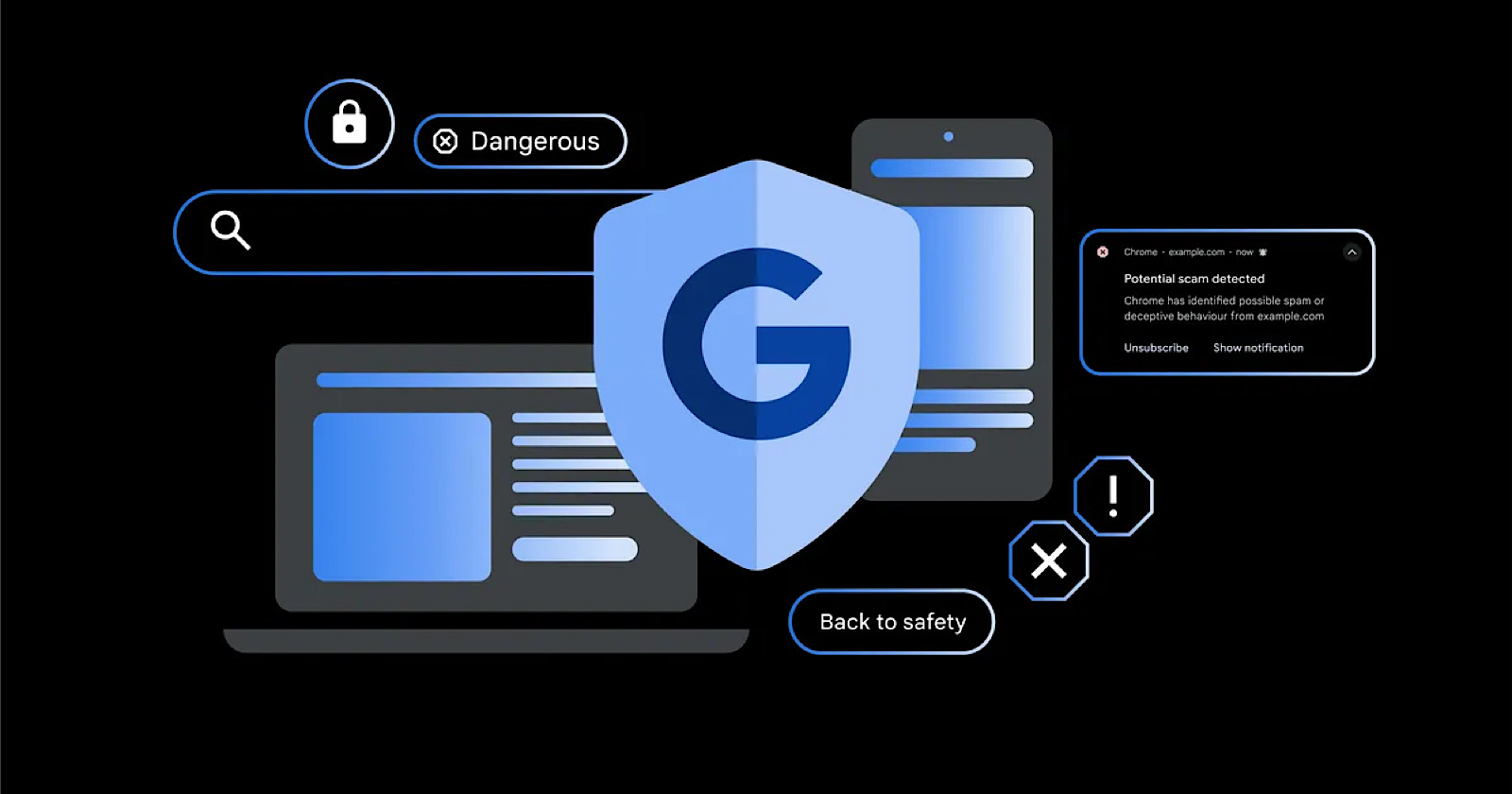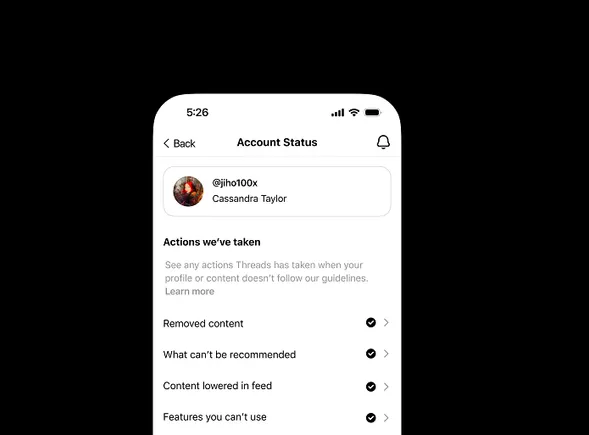Amazon says its first Project Kuiper internet satellites were fully successful in testing
Amazon plans to begin building the first production Kuiper satellites in December and launch the first satellites for its network in mid-2024.
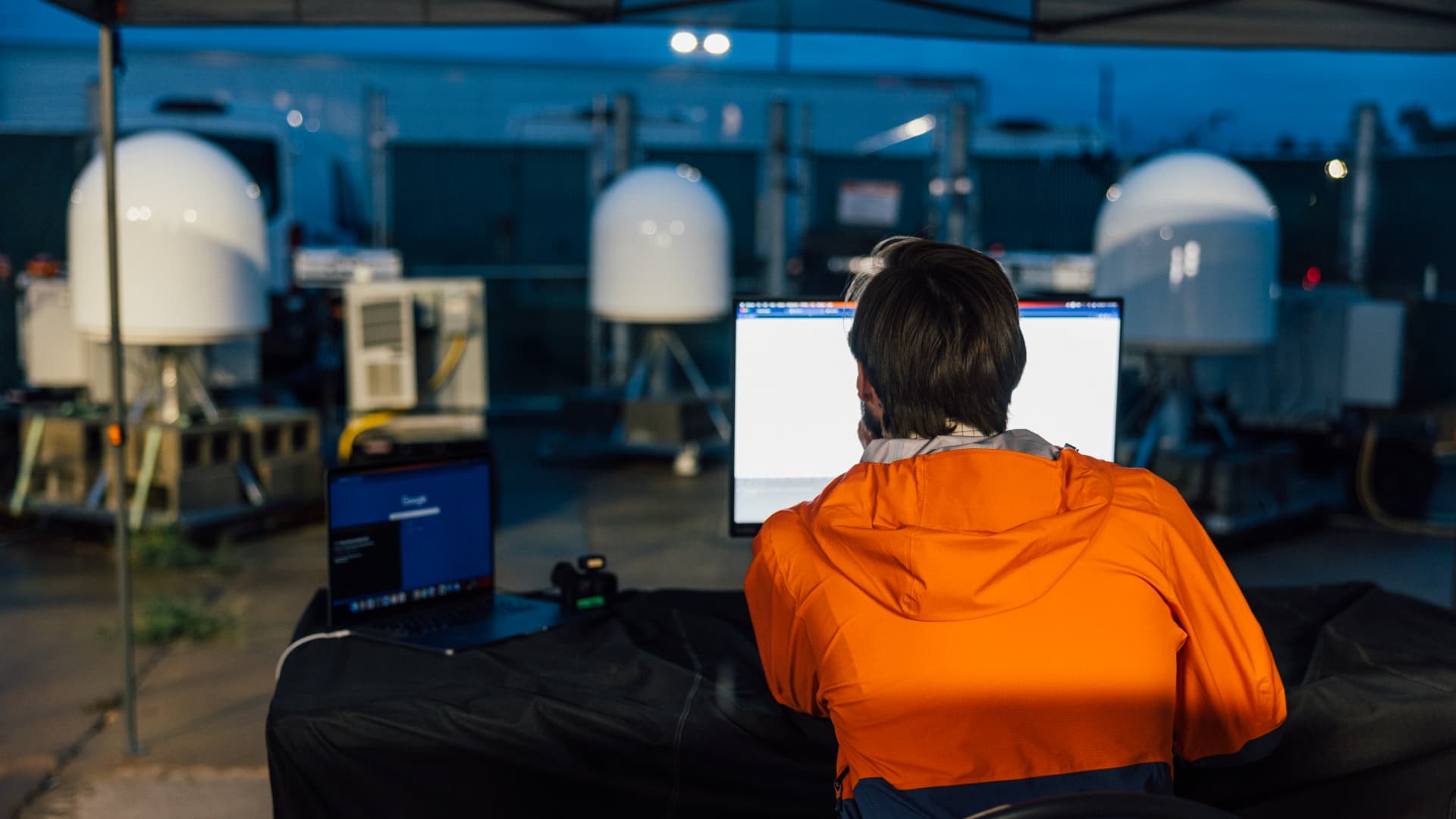
A Project Kuiper engineer conducts network testing as prototype satellites pass over McAllen, Texas.
Amazon
A little over a month after launch, Amazon on Thursday announced its pair of prototype internet satellites were fully successfully in operations and testing.
"We were able to validate everything and get all the data that we need," Project Kuiper Vice President of Technology Rajeev Badyal told CNBC. "All systems, all subsystems and all the use-cases that we designed the satellite for, work as designed."
"Thirty days after launch, we're streaming 4K videos, doing [video] calls, and shopping on Amazon.com," Badyal added.
Project Kuiper is Amazon's plan to build a network of 3,236 satellites in low Earth orbit to provide high-speed internet access anywhere in the world. The company plans to invest upwards of $10 billion to build Kuiper and recently broke ground on a $120 million pre-launch processing facility in Florida.
With the prototypes' testing in space now complete, Badyal said Amazon plans to begin building the first production Kuiper satellites in December and launch the first satellites for its network in the "latter part of the first half" of 2024.
Badyal emphasized that Amazon wasn't sure what performance to expect from the prototype satellites, since "you don't know how well it's going to work in space."
"They're working brilliantly," Badyal said.
Amazon declined to share specifics around the broadband speeds that the Kuiper tests demonstrated, with Badyal only saying that "the experience that you got was operating like cable or fiber."
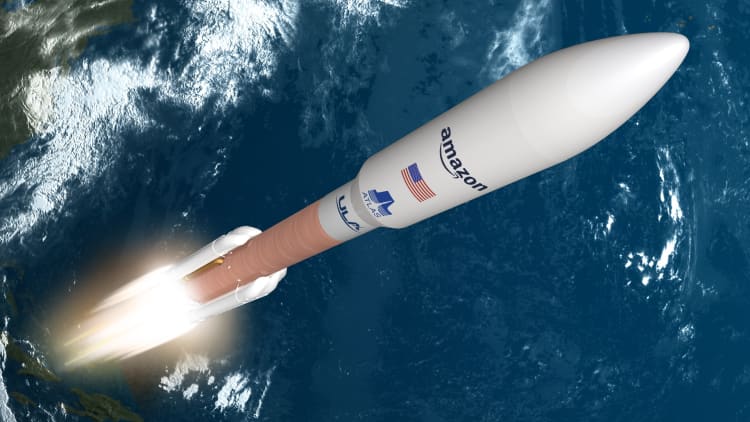

 Lynk
Lynk 











